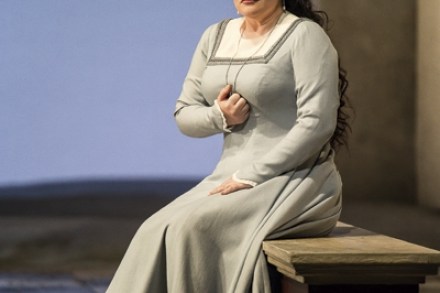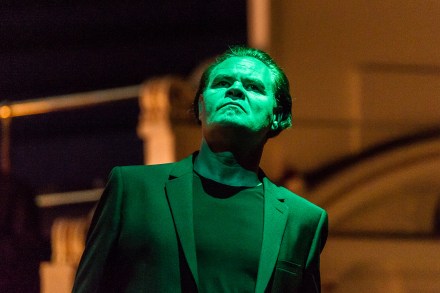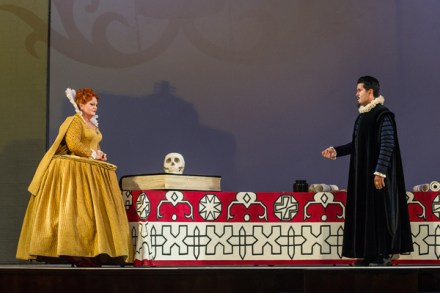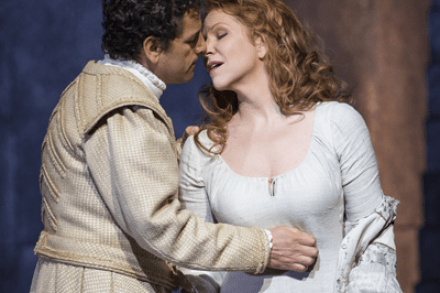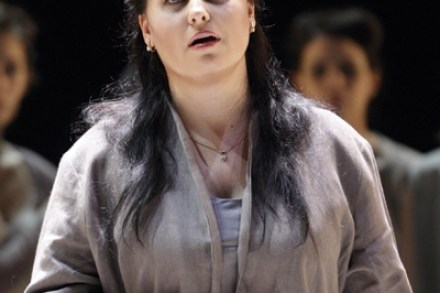Tippett’s Midsummer Marriage is an opera of exuberant genius — but forget about the text
OperaWhenever Michael Tippett’s first opera, The Midsummer Marriage, is revived, there is a chorus of voices, including mine, complaining that it should be done much more often, for it is a work of exuberant genius, full of wonderful musical invention, and life-affirming in the way that Britten’s operas never are (with, I think, the exception




